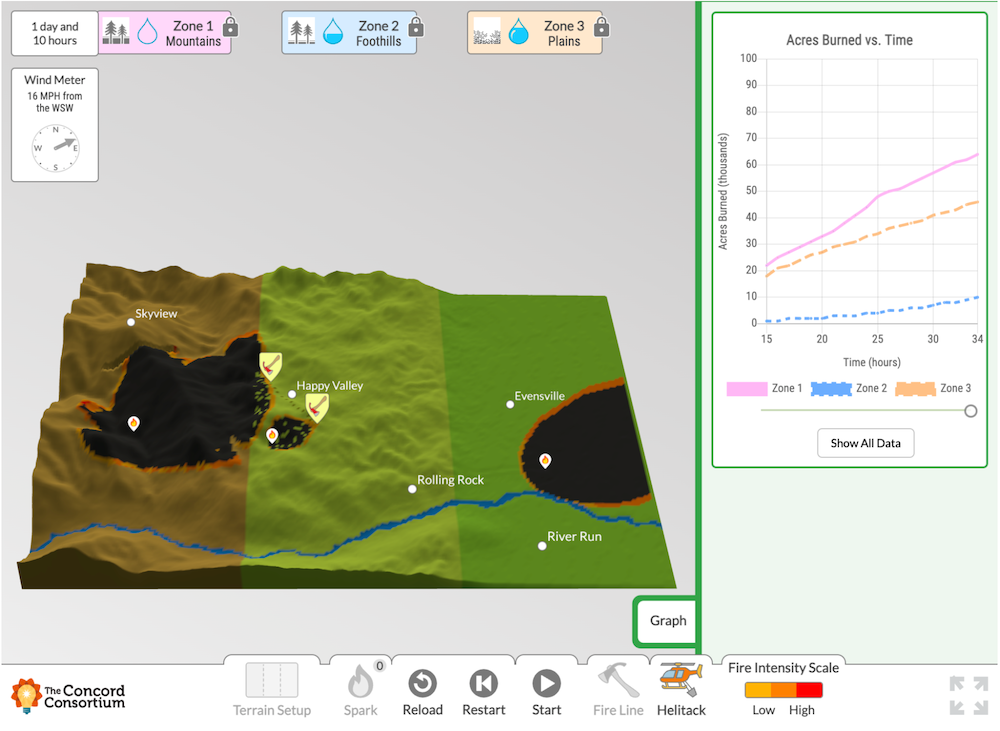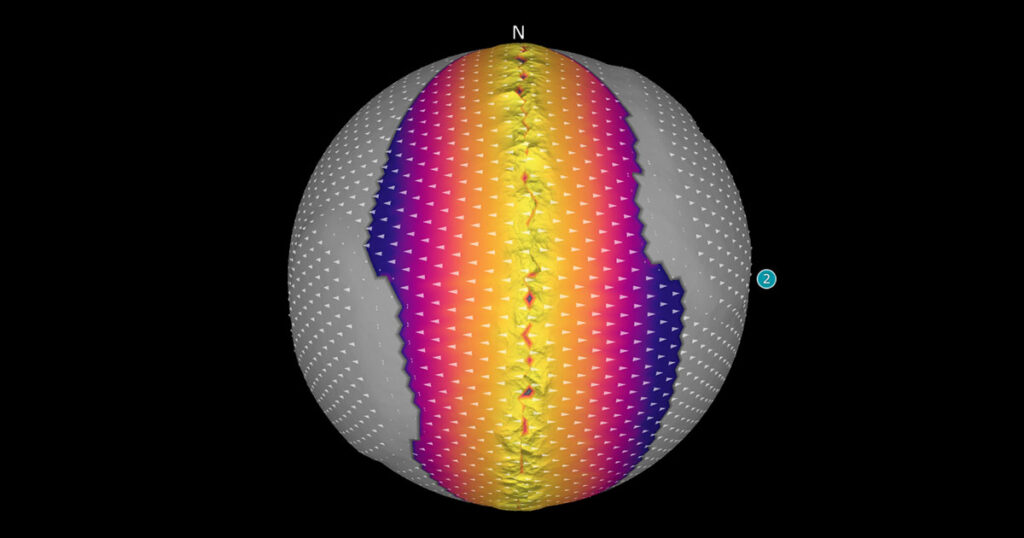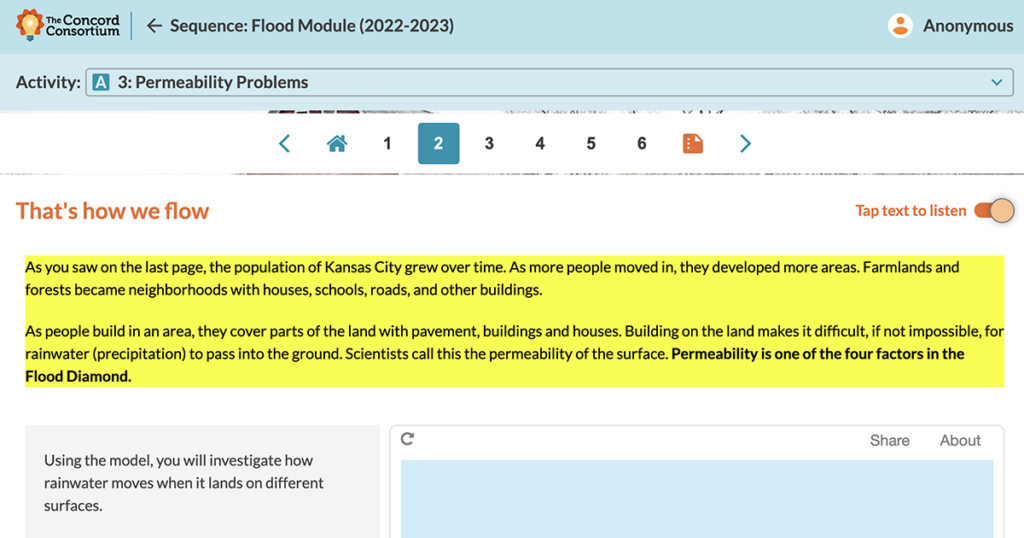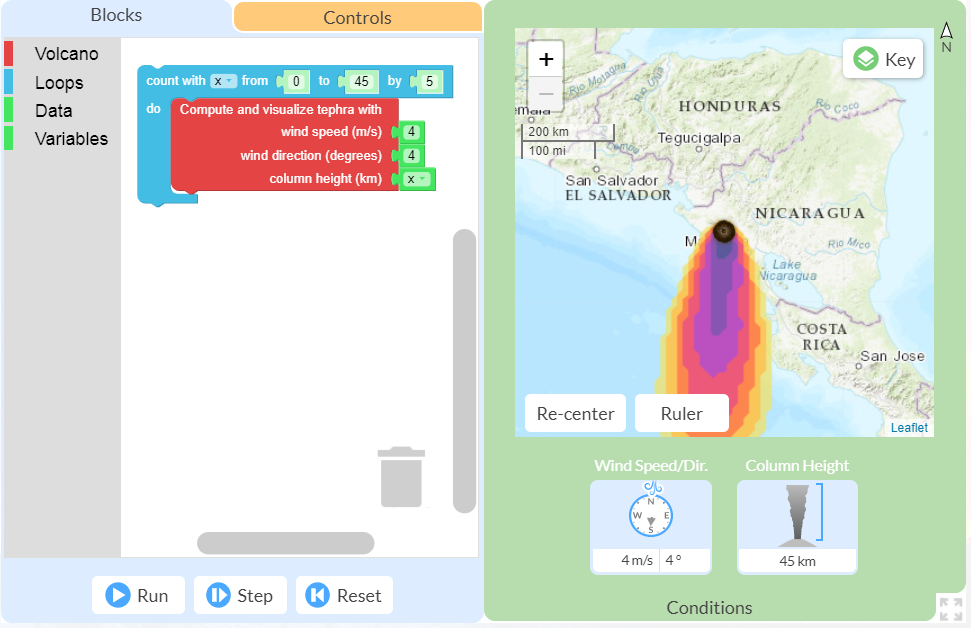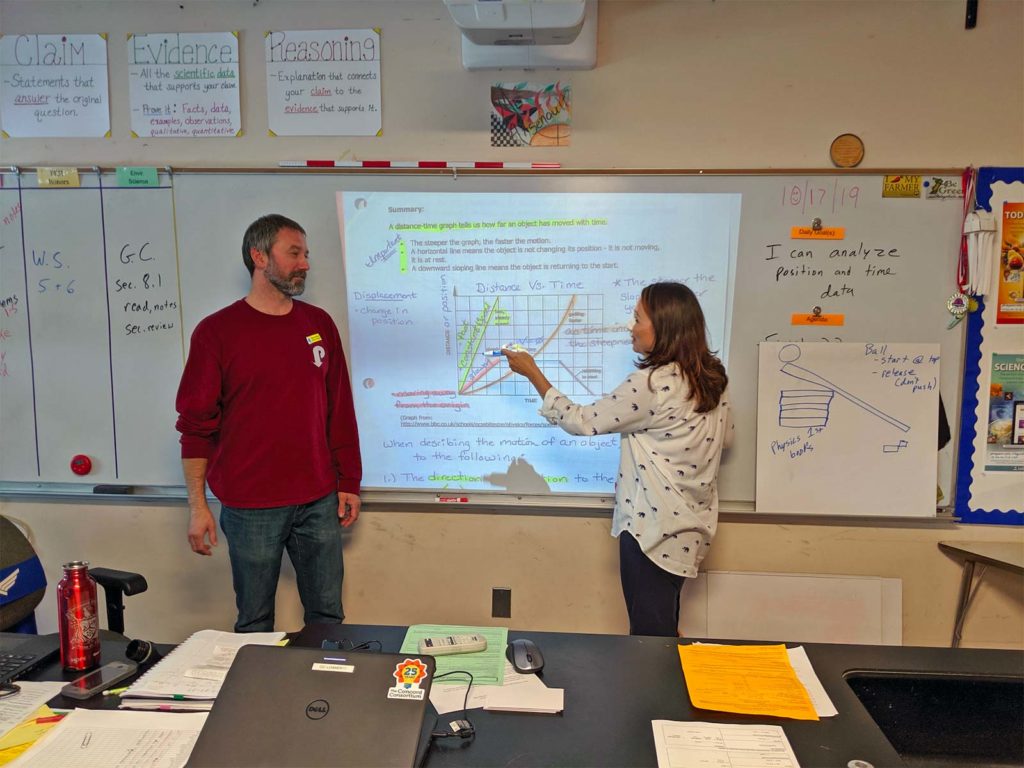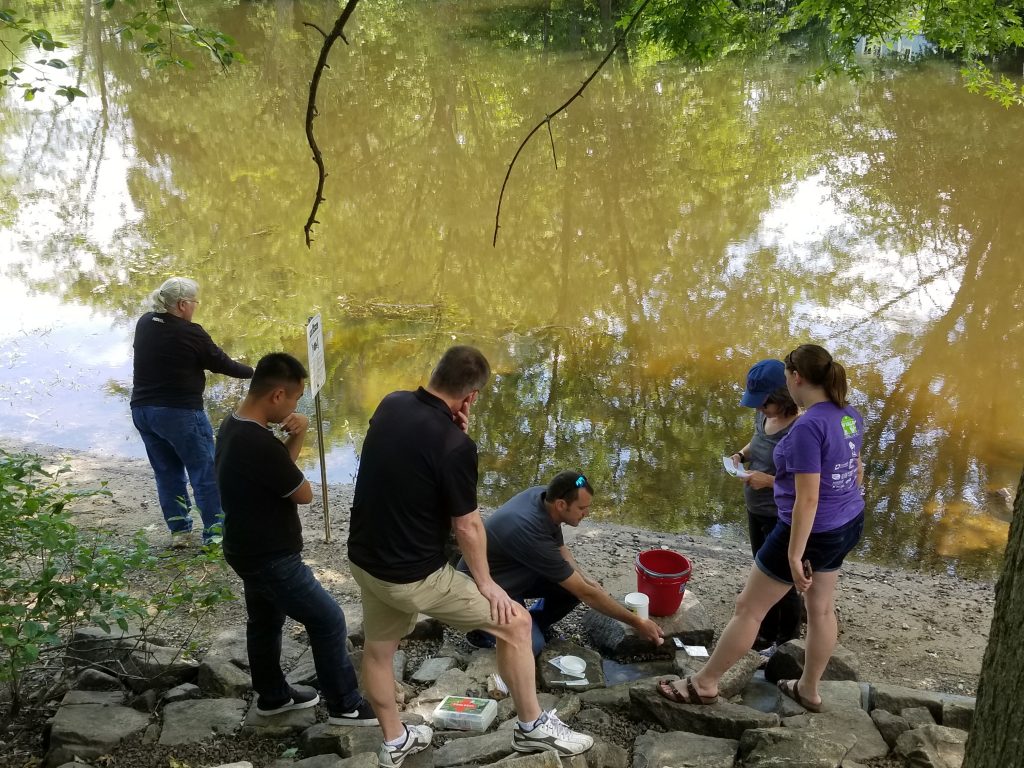Category: Curriculum
Turn on the news and you’ll see horrific images of flames enveloping hillsides, engulfing homes, and destroying entire communities. This year’s wildfire season is on track, once again, to be one of the worst in history. The number of acres burned in California in August 2024 is already more than double the number of acres […]
Stephanie Seevers is an Earth science teacher in Colorado and a consultant on the TecRocks project. I was talking to my 9th grade Earth and Space Science students recently about why they think so many people lack a solid understanding of our planet and its history. We brainstormed ideas, and while several theories sounded valid, […]
Teachers have used our interactive online activities for many years with great success. However, the same request has come up time and time again: “Is there any way that students can have the page read out loud?” Until recently, this could only be done with browser plug-ins that were complicated to install on students’ computers […]
This spring I had the opportunity to pilot the new online GeoCode tephra activities developed as part of the NSF-funded Visualizing GeoHazards and Risk with Code project with my 9th grade Honors Earth Science classes in Evergreen, Colorado. I’d been looking forward to the pilot for months, but only a handful of weeks before our […]
Last spring, when a co-teacher in an inclusive physics classroom that is piloting our InquirySpace curriculum in Portsmouth, Rhode Island, asked if she could join our summer teacher workshop, I was elated. I was especially eager to learn how Michelle Murtha would create accommodations to make ninth grade physics accessible for her students on IEPs […]
The High-Adventure Science modules, first written in 2011-2013, are each based on a big unanswered question in Earth/environmental science. These six modules include interactive computer-based systems models and real-world data that students use for evidence as they develop scientific arguments. The modules incorporate real-world data from the National Aeronautic and Space Administration, National Oceanic and […]
Everyone lives in a watershed, regardless of whether you reside where it’s hot and dry or wet and rainy. As the U.S. Geological Survey says, if you’re standing on land, look down, you’re in a watershed. The 23 teachers, staff developers, and center directors who met this summer at the Concord Consortium offices in Massachusetts […]
We’re thrilled to announce that the popular High-Adventure Science (HAS) climate module is now available in Spanish. Many thanks (muchas gracias) to Penny Rowe (University of Santiago of Chile) and Cristián Rizzi (Universidad de San Andrés, Argentina) for taking this on! The Spanish-language version directly parallels the existing English-language version. The HAS climate module poses […]
When you live in New England in the winter, you pay attention to the forecast. Large snowstorms can make travel near impossible. Heavy snow and blowing winds can cause coastal flooding, power outages, and roof collapses. The National Weather Service (NWS) exists to “provide weather, water, and climate data, forecasts and warnings for the protection […]
We are delighted to highlight the work of Erin Cothran from Hudson (Massachusetts) High School, for National Teacher Appreciation Day! Erin is teaching a 10th grade chemistry unit she developed based on the driving question, “How can something that can’t be seen crush a 67,000 lb. oil tanker made of half-inch steel?” The unit includes […]
